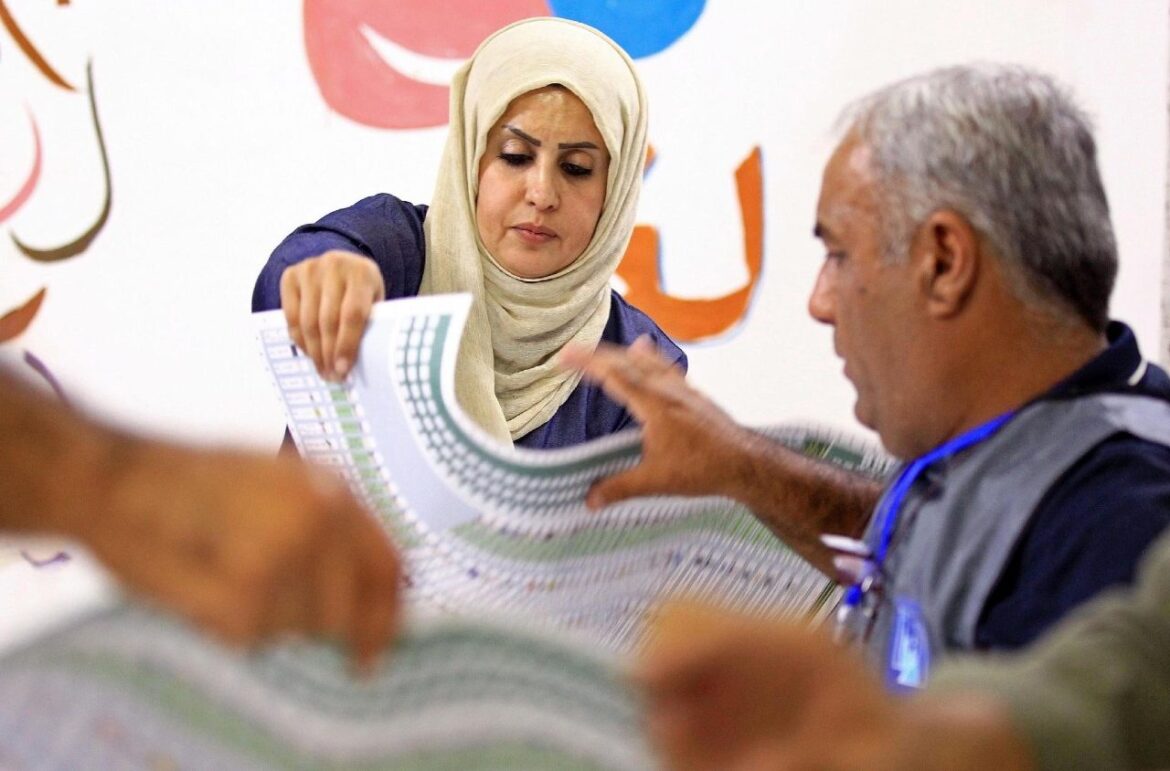The elections, influenced by powers such as the U.S., Iran, and Turkey, are seen by some as a test of whether Iraq can move toward implementing a national agenda.
By Guglielmo Gallone
“These elections are the most important for Iraq since 2003,” said Prime Minister Mohammed Shia al-Sudani last week during a campaign event.
During today’s parliamentary elections, 329 representatives will be elected, and then tasked with selecting the head of state and appointing the prime minister.
New electoral system
These elections are significant above all from an institutional standpoint: Iraq goes to the polls with a new electoral system, shifting from a single-member majoritarian system to a proportional one based on provinces. This means that voters will no longer choose a single candidate in their district but will vote for a list within the larger constituency corresponding to their province of residence.
Seats will be distributed in proportion to the votes obtained by each list — and no longer solely based on victories in small single-member districts. The declared goal is to ensure more accurate representation of voters. In reality, however, the effect may be to favor the best-organized coalitions.
The contenders
From this point of view, the role of the civic, non-sectarian Tishrin movement is worth noting. Born out of 2019 protests in the country, it is now represented by a constellation of civic lists and independent candidates rejecting alignment with traditional sectarian blocs.
On the other hand, the absence of the Sadrist Movement is significant: Muqtada al-Sadr’s political and social movement has announced a boycott of the vote, blaming corruption and the lack of reliable conditions.
Its withdrawal leaves the field open to the “Coordination Framework,” an alliance of the main Shiite parties close to Iran — including Nouri al-Maliki’s State of Law coalition and political groups linked to the Popular Mobilisation Units (PMU) — which aim to consolidate their majority and confirm Prime Minister al-Sudani in office.
Iran, the U.S., and Turkey
Much will also depend on regional and international dynamics. Iraq remains a crossroads of U.S. and Iranian influence, as well as of the tensions running across the Middle East. Because of these tensions, Iran’s influence in Iraq appears to have been reduced.
The U.S., for its part, has also scaled down its military presence, though it continues to use sanctions and negotiations to limit the reach of pro-Iranian militias. The result is that Iraqi politics now operates in a hybrid space, where local leaders act as mediators between external pressures and domestic expectations.
Infrastructure has become a new arena of power: this is evident in projects like the Shalamcheh–Basra railway, linking Iran to the Gulf, and the reopening of the oil pipeline from Iraqi Kurdistan to Turkey — another key player in Iraq, particularly regarding the Kurdish question.
Significance
The Iraqi elections are therefore important for at least four reasons. First, to determine whether Iraq can move toward the implementation of a genuine national agenda. Second, to gauge the weight of foreign and regional politics in domestic decision-making. Third, to see whether new generational or independent actors emerge. And finally, to observe how the government will be formed — since, in Iraq, winning an election does not automatically mean governing alone.

